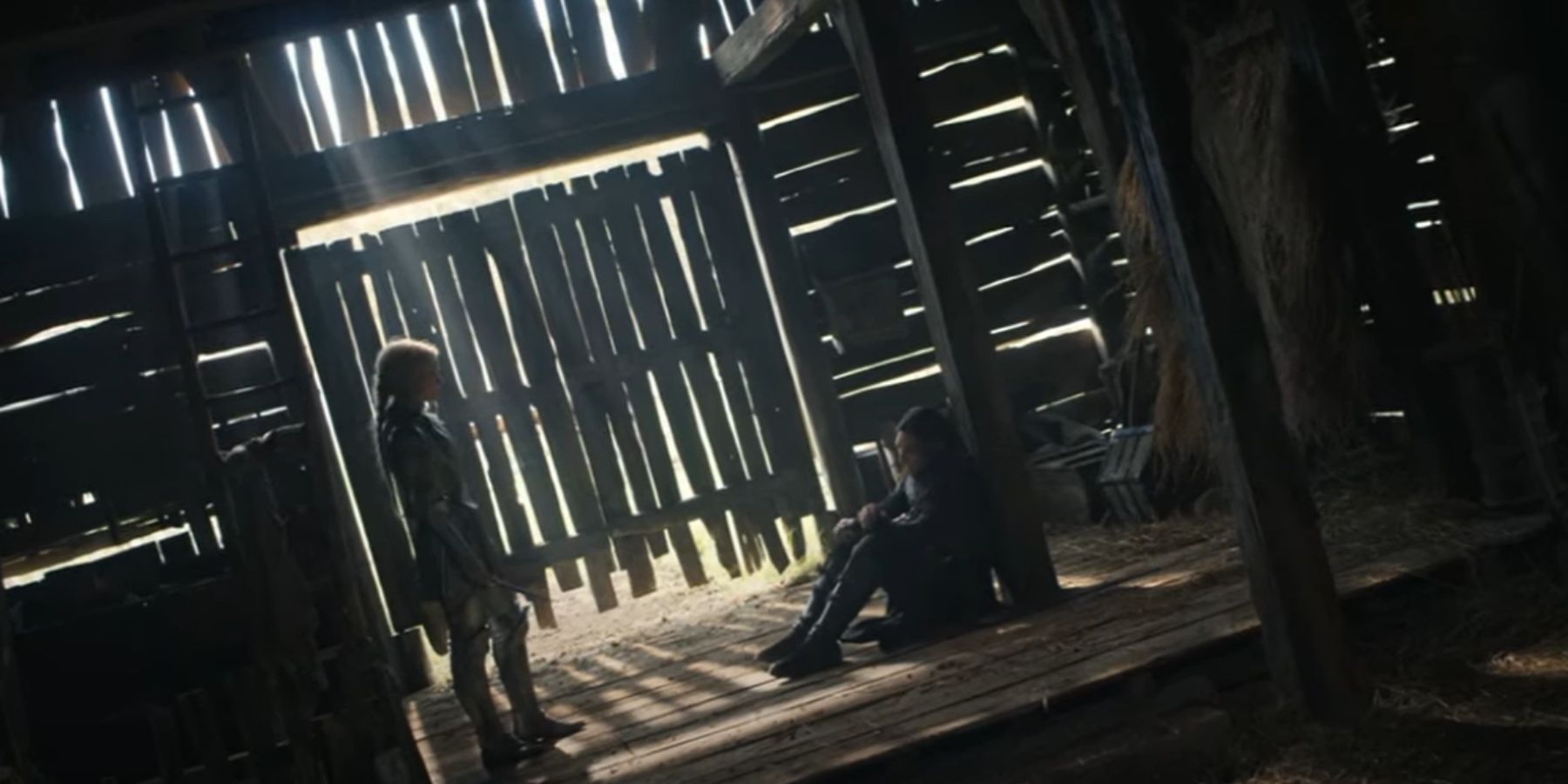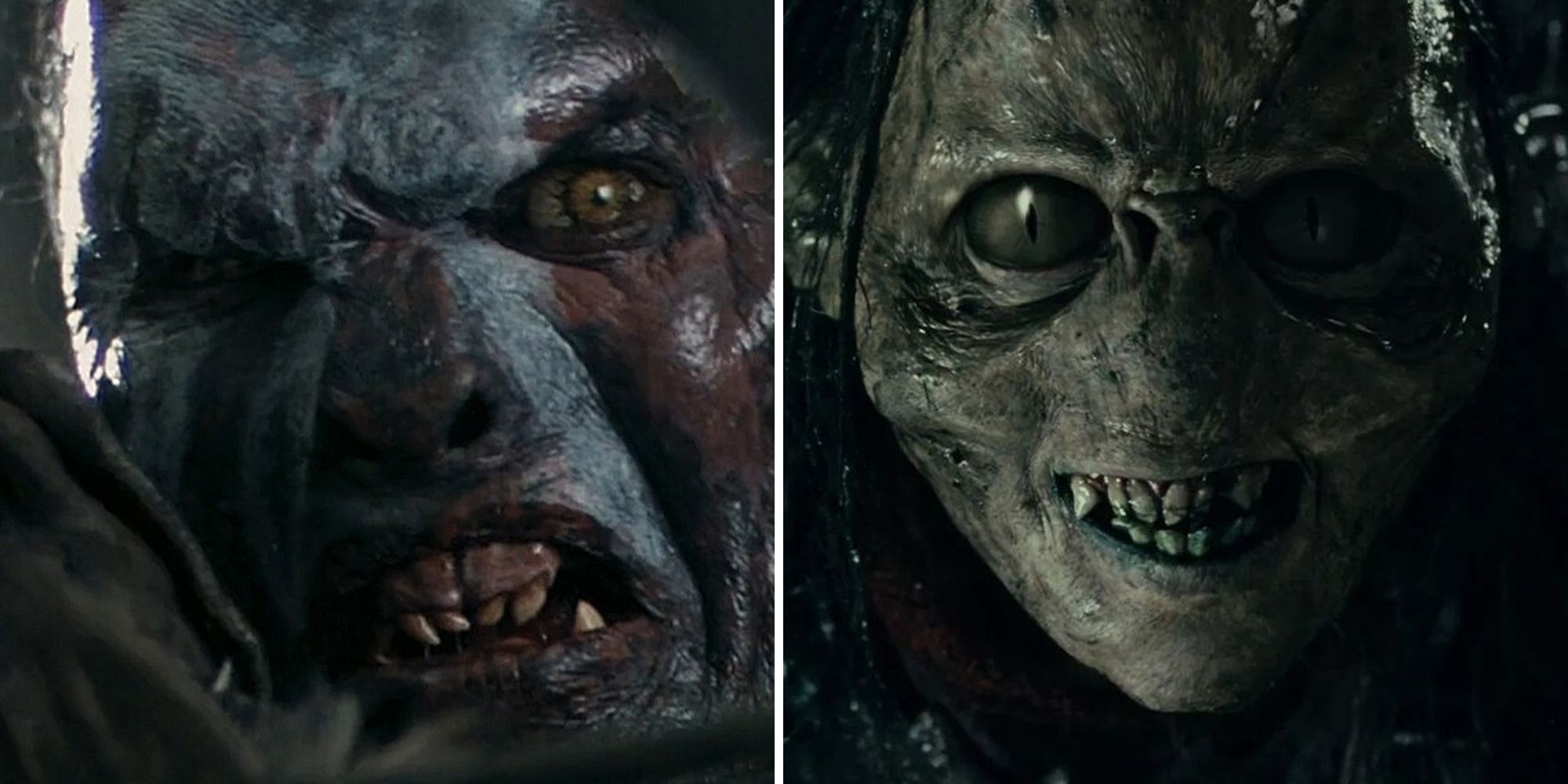Throughout all the previous adaptations of Tolkien’s works, it has been very clear that elves are the good guys in Middle Earth. They are the race of beings who have long been protectors of the peace. But in the recent Rings of Power series, there has been a completely new portrayal of the elves. This new depiction has offered a new perspective on the immortal beings and their intentions, which may not always be as pure as they first seem.
Several factors contribute to portraying the elves differently. Viewers see their problematic occupation of the Southlands. They see that the Numenoreans no longer trust the elves, who were once great allies. Finally, the elves' persistence to obtain Mithril from the heart of the mountain of Khazad Dum has begun to change fan perspectives of this once noble race. And with the release of the 6th episode comes Galadriel’s persecution of the orcs, a new and interesting dynamic never before seen on screen.
In fact, Rings of Power has done something fascinating with the orcs in general. This new series has given them much more personality and culture than in previous iterations of Tolkien’s works. From the early episodes, they were shown to have rituals to respect and bury their dead. They have kinships with other members of their tribes, and a sort of love towards Adar, whom they call "father." With these surprising aspects of their personalities revealed, the orcs become more relatable, more emotive. They are more human in a sense, despite still using attack and violence as their main method of communication. However, the Rings of Power ensures that it is no longer clear-cut what constitutes evil and what constitutes redemption. As such, fans have begun to wonder if Galadriel is in fact wrong for her vow to wipe out the race of orcs, and if this potential genocide actually paints Galadriel as the villain in certain lights.
When Galadriel and Halbrand capture Adar and lock him up in Tirharad for questioning, he tells Galadriel the story of how the Moriandor were first twisted from elves to orcs by Morgoth's hand. He tells them how, over the following years, he watched Sauron continue that gruesome work. In a surprisingly compassionate speech, he tells the she-elf of the pain he endured whilst watching Sauron torture his children for his own selfish purposes. Galadriel snaps: "They are not children, they are slaves."
But Adar clearly cares for the orcs, and seems to genuinely want to pave a better world for them. He hopes they may be treated fairly among the other races rather than labeled as abominations, and argues back that “each one has a name, a heart.” This is certainly a different concept from the usual barbaric, savage depiction of the orcs seen in the Lord of the Rings. The orcs in those films seem to torture Merry and Pippin for the sheer entertainment of it, and almost eat them alive.
After defending the Orcs, Adar implores Galadriel:
“We are creations of the One, master of the secret fire, the same as you. As worthy of the breath of life, and just as worthy of a home. Soon, this land will be ours. Then you will understand.”
He frames the orcs as a community of people, who are simply in search of what all the other beings in Middle Earth already have: a place where they belong. In seeing them this way, is easy to start to sympathize with them, and see their domination as something other than purely evil. But Galadriel holds no such understanding or compassion for their plight. Instead, she tells Adar that “Your kind was a mistake. Made in mockery.” She tells him of her vow to not only wipe out the Orcs, but to keep Adar himself alive until the end, so that he may watch every one of them die — and then she will kill him in misery.
In response to her threats, Adar replies:
“It would seem I’m not the only elf alive who has been transformed by darkness.”
This is such a poignant and powerful thing for Adar to have said. It echoes a warning that Gil-galad uttered earlier in the series, in which he talks about Galadriel searching for the evil of Sauron, and in doing so, keeping that very evil alive. It also plays into the question of right and wrong, and what makes someone good or bad. Despite their obvious flaws, is it possible that the orcs are more human than Galadriel believes? Is there ever any excuse for the entire annihilation of a race of people? Who has the right to decide that, other than the great Illuvatar himself?



.jpg)